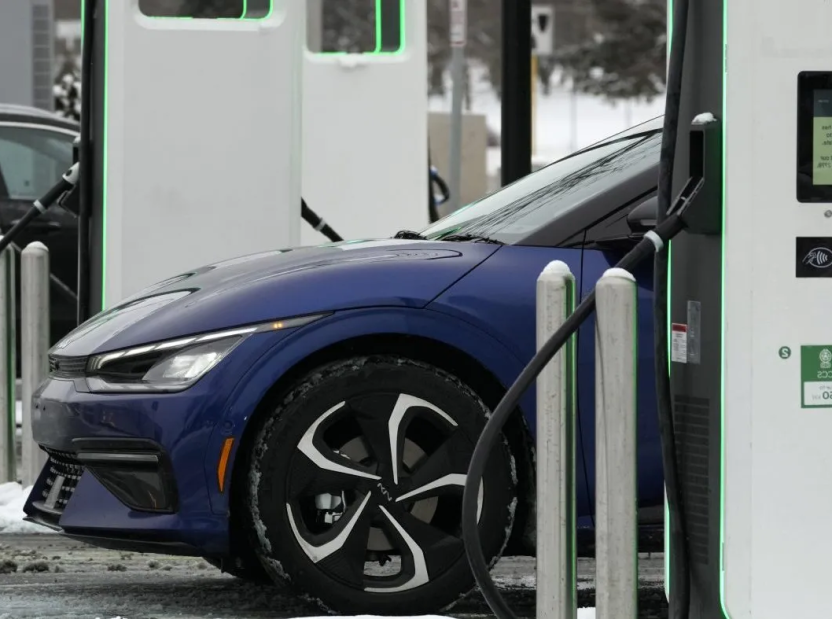As the push for electric vehicles persists despite public reluctance, the once-promising solution for environmental concerns is revealing significant drawbacks. Issues like inadequate charging infrastructure, limited range, battery problems, high repair costs, and supply chain disruptions have plagued the industry.
Despite these challenges, proponents like Joe Biden continue to advocate for electric vehicles. However, the lack of consumer interest has led to substantial financial losses for manufacturers. Ford Motor Company, for instance, reported a staggering $4.7 billion loss in 2023 from its electric vehicle product line, exceeding earlier projections.
The company attributed the losses primarily to intense competition driving down prices. With Ford selling around 72,608 electric vehicles in the year, the losses translate to roughly $65,000 per vehicle sold, an unsustainable business model. Moreover, Ford anticipates further losses, projecting up to $5.5 billion for 2024, particularly concerning in an election year.
Despite Chief Financial Officer John Lawler’s optimistic remarks about future profitability and customer adoption, the reality suggests otherwise. Ford’s flagship electric vehicle, the F-150 Lightning pickup, saw diminished demand, leading to production cuts. This setback is notable, especially as Biden’s administration aimed for 50% of new vehicle sales to be electric by 2030.
Watch Biden test drive the Ford Lightning pickup here:
General Motors has also dialed back production and tempered expectations, posting a $1.7 billion loss on electric vehicles in just the fourth quarter of 2023. Ford went on to state: “We said yesterday that we will launch our second-generation EVs when they can be profitable and deliver the kind of returns we want, and we will build a stand-alone profitable EV business. Meantime, we’re improving the contribution margin of our first-generation EVs.”
